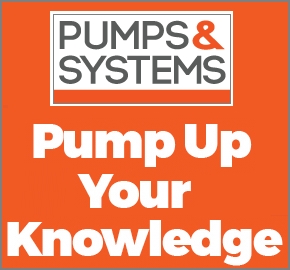RL Blogs

By Ralph Laurel
Dec 06, 2015Enrolling refinery workers in a genuine safety culture requires true conviction and sustained action. |
||||
| If you work in a refinery, you’ve been involved in a lot of conversations about safety. And if you’re honest with yourself, a lot of them are worthless. Many generic expressions get thrown around almost to the point of becoming catch phrases with no meaning.
“Nobody gets hurt.”
“Safety is the number one priority.”
“Safety Begins with You!”
So let’s get real. Let’s have an honest discussion about Safety…
Safety is not the number one priority. Profitability is. The reason safety is stressed so highly these days is because a poor safety record could hurt profitability. It’ll get you bad press, it may even shut down your plant.
So yes, safety is a priority but it’s not the number one priority. If it were the number one priority we’d always take the most conservative route and not accept any risk. This is not to say that management doesn’t care about its people, it’s just stating a fact… refineries run to make money. Which leads into our next topic.
It’s not reasonable to expect a zero tolerance to safety risks.
proceeding with their work? They’re operating in a culture that accepts risk, so why are we surprised when they take risks of their own?
This is why it’s critical that decisions that take on additional risk are scrutinized carefully. Each time you cut the budget or continue operation without fixing a known problem you’re setting the safety culture for the plant.
Stop focusing on the small infractions. They’re the easiest to spot when safety audits are performed. Which in many cases prevents the team from digging deeper into the work being performed. The missing ear plugs, gloves, goggles, etc. are easy to spot. This allows the audit team to say they found something and move on.
It’s important to make sure that those types of issues are corrected, but it’s even more important that safety audits are taking a detailed look at items that are harder to assess. How often does your plant do assessments of work in confined spaces, or crane lifts, or other high risk activities?
Those are the things that will cause the most serious harm and should be a major focus of all safety audit teams. Don’t let them get away with just reporting the things that are easy to spot. Make them work.
Be consistent.
Stop with the catch phrases. And really think about your safety message. Have a meaningful discussion and don’t be afraid to talk about some of the more controversial topics. Because chances are that they’re important discussions for the safety of the refinery.
At the end of the day, safety is the number one priority for any oil company. Refineries cannot operate without the wellbeing of their employees and the trust of their communities. The moment that leadership loses sight of this objective is the moment that they expose lost integrity of their operations. | ||||
|
|











